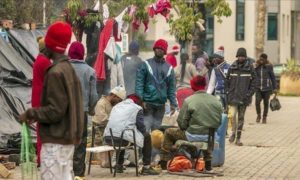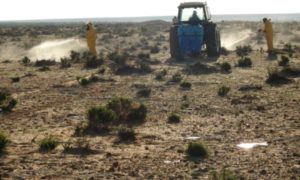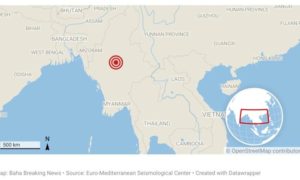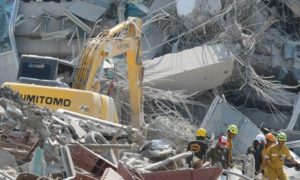According to a survey issued by the National Institute of Statistics (INS), 57% of the surveyed Tunisians were bound to quit working while they were working prior to the lockdown.
Barely 28% were capable to sustain their activities, adds the survey, dedicated to monitoring the socio-economic impact of COVID-19 on Tunisian families from April 29 to May 8 and directed in collaboration with the World Bank, the TAP reported.
Over 80% of people declaring a work cessation, invoke reasons directly or indirectly affiliated to the COVID-19 pandemic, emphasises the survey conducted among a panel of 1,369 households representative of the Tunisian population, pointing out, nevertheless, that the suspension of activity has swayed in an approximately homogeneous manner all classes of the population.
At the professional level, economic activity has been clearly subdued for the large majority of workers, and a drop in income has been recorded.
The work stoppage affected two-thirds of the employees surveyed. Teleworking affected only one employee in ten of those who were able to continue working. This ability to diversify the way of working (by switching to teleworking) increases with the living standard to reach almost one employee in three for the richest quantile.
On the other hand, Most of the wage-earners (60%) have bot salaries during the work stoppage. This absence of payment affected about 80% of wage-earners belonging to the two poorest categories and, at a similar rate, those operating in agriculture and industry (including construction).
At another level, nearly one-third of family production units earned no income at all during April, while another third of these units had lower wages than in the previous month,the TAP added.
According to the survey, the decline in the revenues of family-owned production units is directly (closing of enterprises) or indirectly (no clients, transport of goods, raw material) related to the COVID-19 health crisis.
Results of the 2nd part of this survey will be published shortly. These results will be devoted to education and mental health, as well as the households’ financial resilience, according to the INS.
What's happening in Tunisia?
Subscribe to our Youtube channel for updates.













































